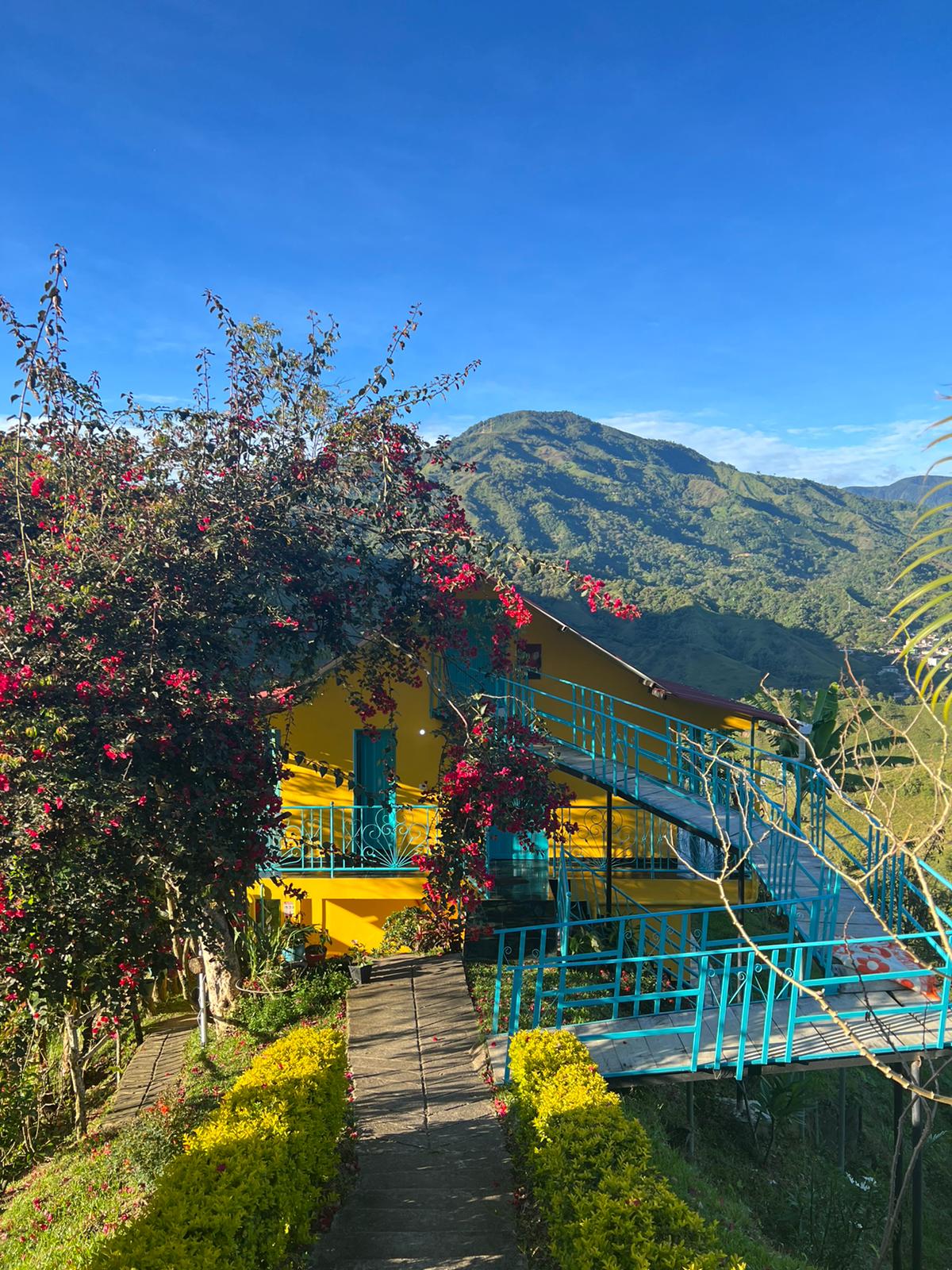
How many people are willing to risk everything on their big idea?
Raj Vable did just that back in 2013 when he promised farmers in the Kumaon region of northern India that if they would grow tea, he would buy all of it. Five years later, that decision has proved wise, as Young Mountain Tea now works with more than 600 farmers in India and elsewhere.
What was Raj’s big idea? To raise the quality of Indian tea and import it to the United States. He wasn’t sure where the idea would take him, and there have been twists, but the fact that this tea importer is flourishing and the farmers in India are becoming independent and earning a good living is an indication that an idea can change the world, even in part of the world that seems remote.
The Kumaon region is one of two divisions in the northern Indian state of Uttarakhand, a mountainous area bordered on the north by Tibet and on the east by Nepal. These mountains and hilly regions are ancient, and they are growing. The tectonic plate that smashed India into the landmass of Asia is still grinding north and pushing the landmass upward. Quite literally the mountains of Kumaon are growing every year.
That growth is seen in the people of the area as well. For the last two centuries the Kumaon people have been struggling against the colonial powers that occupied the region at various times and with the challenges of the remote landscape.
Through their work with farmers, it’s become evident to Young Mountain Tea that the people of Kumaon are unique. “They’re resilient,” Vable said in a recent interview. “For 200 years they’ve existed without government support. Roads, electricity, running water, they have no support for any of it. Yet they found a way to exist.”
Throughout their history, the people of this hilly northern region of India have remained steadfast, but it has not made them bitter.
“It’s that strength that has supported them,” says Vable, “but they are not rough, they are very joyous, they are very happy. These people are celebratory about living there.” of the 600-plus farmers that sell to Young Mountain, 350 are located in Kumaon.
The soil in the Kumaon region is rich and excellent for growing tea. But not all farmers grew it prior to Raj’s offer. Exporting tea from Kumaon didn’t seem like a profitable idea until Raj arrived for a separate project and became enamored with the idea. An electrical engineer whose parents were born in India, after earning his college degree Vable was in India working with villages on solar power. It was worthwhile work, but Raj didn’t see it as his future. Then tea caught his attention, but it was also a means to help the villages keep their bright young people in the region.
“The problem that needed solving [was] rampant migration,” Vable remembers. “The youth were going to the cities. What remained were hollowed-out villages, with little hope for the future.”
His offer to buy all the tea the Kumaon farmers grew was also a way to help create opportunity for young farmers and families to remain in the region. The company that blossomed from this idea, Young Mountain Tea, is committed to paying fair prices for the tea they import.
“In that region we pay five times the rate for tea that other [buyers] do, and we do see younger people staying there to grow the crops,” Vable says. Young Mountain Tea describes their imports as "Direct Trade Tea: From Himalayan Gardens." Raj believes that "every cup of tea we drink supports one system or another, ecologically and socially."
Years later, with Kumaon tea farmers growing high quality tea, Raj and his company are importing organic white tea, green tea, black tea and other types of loose leaf tea to the U.S. and distributing it from their facility in Springfield, Oregon, where they have five full-time employees. Raj still travels to India twice a year. One of the trips is related to the business of tea, where Young Mountain finds they mostly assist farmers on marketing ideas and getting their tea to market. The other Indian trip is guided tours of the northern regions for interested groups of travelers. Often the groups consist of tea customers, friends, and family who want to see Kumaon and other beautiful locations in northern India.
“Originally when we started our company we thought we’d be helping people become tea farmers,” Vable says, “but [once the quality of tea growing was established] we switched to marketing and professional development.”
The impact of the tea program is noticeable when Raj returns to Kumaon and other regions where Young Mountain Tea imports from. “These farmers are doing something now [that] they couldn’t do before,” Vable says, “they’re creating college savings accounts for their children.”
Ironically, as a college student Raj lived around the corner from two young men who pursued a similar international interest. In Ann Arbor at the University of Michigan, Andrew Boyd and Patrick Hughes were roommates just a few hundred yards away from Raj. The three were friends, and now they do business together. Boyd and Hughes ended up establishing Aldea Development in Honduras, which spawned Aldea Coffee, which sells the coffee that Aldea Development helps cultivate in Honduras. Aldea also offers white tea, which is purchased from Young Mountain Tea, naturally.
As he looks forward to new challenges, Raj Vable has one immediate goal: to sign up his 1,000th tea farmer. It’s a nice round number, but it’s less about that than it is about the relationships created through the tea.
“We have the privilege to work with these farmers,” Vable says.

- - - - - - - - -
See a video from Young Mountain Tea about their work in Kumaon.
Young Mountain Tea is available at Aldea Coffee at our shop in The Armory.


